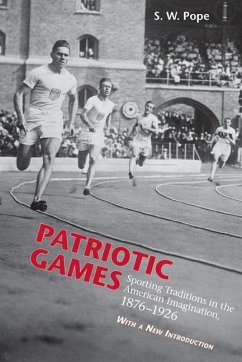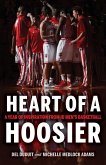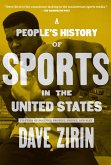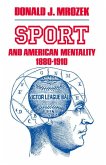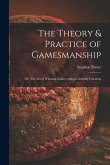Between the 1876 centennial and the 1926 sesquicentennial, a national sporting culture was firmly established in the United States. In Patriotic Games, historian S. W. Pope examines this remarkable rise of sport and America's sporting ideology, telling a story that illuminates the deepest workings of a society coping with social tension, economic dislocation, and unprecedented immigration. As Pope reveals, the study of sport's ascension offers a unique window into a larger historical process whereby men and women, social classes, and racial and ethnic groups struggled over different versions of not only how to work and play, but what to value. More than mere amusement, sport both as metaphorical activity and class drama helped define and present distinct American visions through public discourse and through people's actual experiences on ballfields, in gymnasiums, and on playgrounds throughout the country. By 1920, most Americans thought organized sports provided the social glue for a nation of diverse classes, regions, ethnic groups, and competing political loyalties. How did this consensus come about? Incorporating Eric Hobsbawm's suggestion that nations throughout the western world "invented" rituals, mythologies, and rhetorical traditions, Pope shows how sport became a key cultural carrier of patriotic meaning.
Hinweis: Dieser Artikel kann nur an eine deutsche Lieferadresse ausgeliefert werden.
Hinweis: Dieser Artikel kann nur an eine deutsche Lieferadresse ausgeliefert werden.

